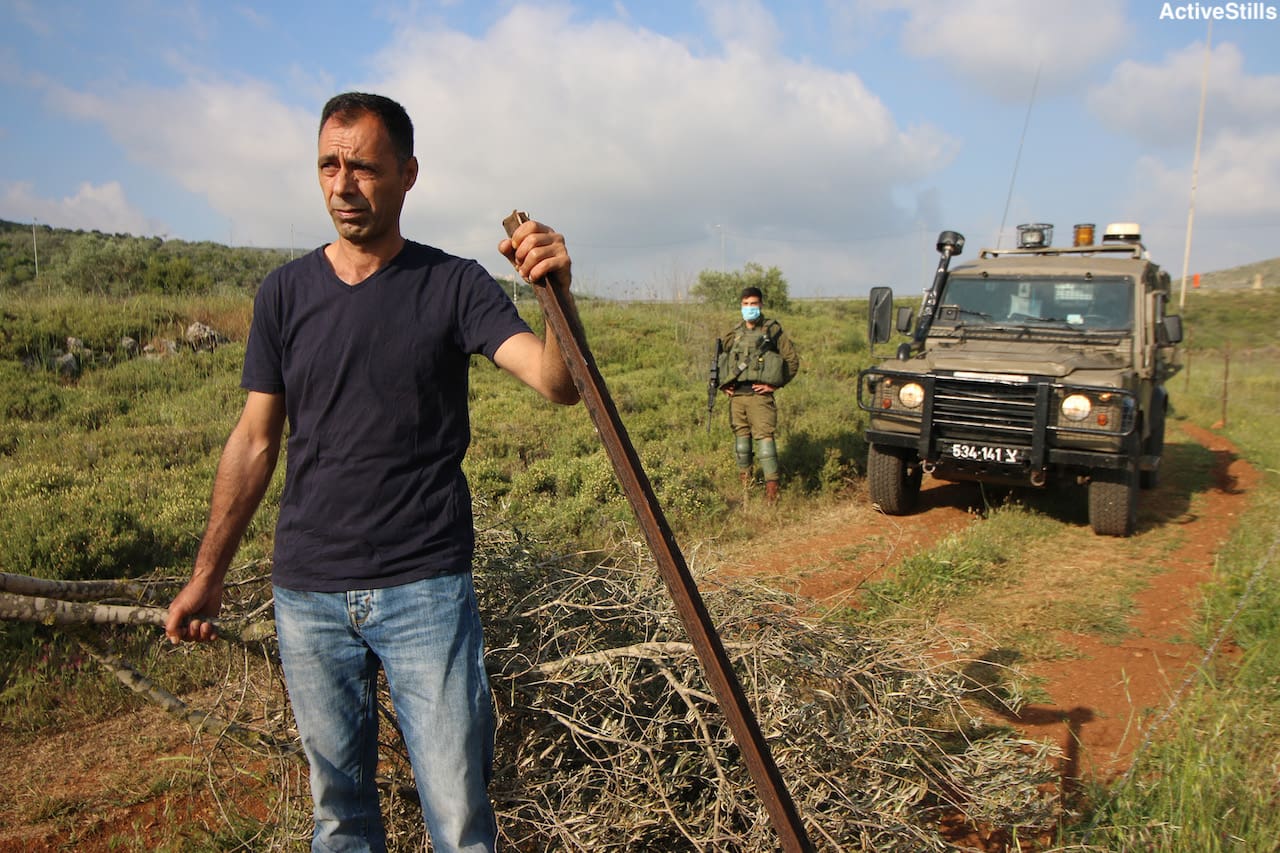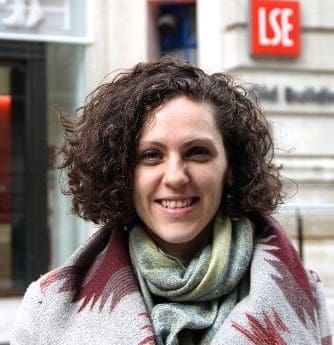
Overview
Through its participation in the 2021 UN Climate Change Conference (COP26) and other international forums, the Palestinian Authority (PA) continues to promote a state-centric approach to climate change that ultimately blocks legitimate climate and environmental justice in Palestine. In effect, Palestinian leadership has reduced the Palestinian liberation struggle – inherently a struggle for climate and environmental justice – to a failed state-building project since the 1993 Oslo Accords.
Justice is rarely addressed in these international conventions and forums, leaving Palestinians confined to the logic of international donors who seek to manage the occupation instead of pressuring Israel to end it. The normalization and depoliticization of Israel’s climate apartheid characterize the existing approach to addressing Palestine’s climatic and environmental issues, and they must be countered by Palestinians and international climate justice advocates alike.
Normalizing and Depoliticizing Climate Apartheid
In Palestine, the peacebuilding framework has shaped cooperation programs that depoliticize environmental and climate issues, and thus, fail to disrupt Israel’s settler colonial practices. Indeed, donor-funded initiatives like EcoPeace and the Arava Institute have for years used slogans such as “the environment knows no borders” and “bringing people together.” Fundamentally, these initiatives only serve to disregard what is clearly a situation of climate apartheid, and to promote climate change as yet another arena where cooperation and dialogue are the answer in lieu of radical political change.
Palestinian environmental organizations and their allies have long criticized these initiatives for normalizing and legitimizing the Israeli occupation under the guise of sustainable development, trust-building, and greening the environment. They have highlighted that by normalizing and depoliticizing climate change, these initiatives promote the idea that environmental issues can be solved with technology and market-based incentives alone.
Greenwashing perpetuates the depoliticization and normalization of what is fundamentally Israel’s ethnic cleansing of Palestinians Share on X
Climate change, however, is not a natural phenomenon; it is compounded by political and economic decisions. In the case of Palestine, the effects of climate change are influenced and exacerbated by Israeli settler colonialism and theft of natural resources. But rather than support Palestinians in their struggle to secure their water rights, for example, the EU and other international donors have for decades emphasized the potential of technical solutions to increase water availability and resolve “water scarcity” in Palestine.
Under the current climate change financing mechanisms, this damaging discourse prevails. For example, the Green Climate Fund, a multilateral financial mechanism of the UNFCCC, is currently supporting a five-year project focused on increasing water availability for sustainable agriculture in Gaza through the use of treated wastewater. This is another techno-fix that disregards and normalizes the political reality that Gaza faces due to Israel’s crippling blockade and siege, which in turn isolates it from the rest of Palestine in natural resources and geographical continuity.
These practices also affect Arabs outside of the West Bank and Gaza. In ratifying the Paris Agreement, Israel has committed to a 25% reduction of its 2005 greenhouse gas emissions by 2030, and aims to achieve this goal by developing green energy projects in the occupied Golan Heights and the Naqab desert, among other areas. Syrian residents of the Golan (Jawlanis) face threats to their access to land and water due to an Israeli plan to develop a large-scale wind project on what remains of Jawlani agricultural lands. And as of January 2022, Israel is uprooting Palestinians from their homes and lands in the Naqab as part of a project to flatten dunes and plant trees. This greenwashing perpetuates the depoliticization and normalization of what is fundamentally Israel’s ethnic cleansing of Palestinians.
Recommendations
The 2021 Unity Intifada brought renewed efforts among Palestinians to challenge their forced fragmentation. Similarly, the Palestinian environment transcends geopolitical boundaries, and thus, climate change across Palestine must be understood as an inherently political reality defined by decades of Israeli settler colonialism and theft of natural resources.
Re-politicizing the climate and environment, and challenging discourses of peacebuilding and collaboration are crucial steps in centering climate justice within Palestinian popular mobilization. To do so:
- The donor community should cease support for green normalization projects that ignore the political reality and power disparities between Palestinians and Israelis.
- Palestinian leadership and the donor community should instead invest in the justice-based advocacy of Palestinian civil society organizations, such as PENGON and Al Haq, which are raising awareness and mobilizing for intersectional environmental, water, and climate justice.
- Palestinian climate justice advocates should challenge the techno-managerial approaches of international forums like COP and its related climate funding mechanisms.
- Local and international climate change activists should focus on addressing historical climate and environmental injustices in Palestine in order to hold Israel accountable for its theft of Palestinians’ natural resources.
- Palestinian leadership and the international community should support the mobilization of local, national, and international resources to pressure Israel to acknowledge and commit to adhering to Palestinian’s water and land rights.
Dr. Muna Dajani holds a PhD from the Department of Geography and Environment at the London School of Economics (LSE). Her research focuses on documenting water struggles in agricultural communities under settler colonialism. She is a Senior Research Associate at the Lancaster Environment Centre (LEC) where she works on a project entitled “Transformations to Groundwater Sustainability” (T2GS), exploring grassroots initiatives of intergenerational holistic groundwater governance. She has contributed to numerous studies on the hydropolitics of the Jordan and Yarmouk River Basins. She also co-led a collaboration project documenting the story of the occupation of the Syrian Golan through developing an online knowledge portal featuring collective memories of the popular struggle that took place there.











